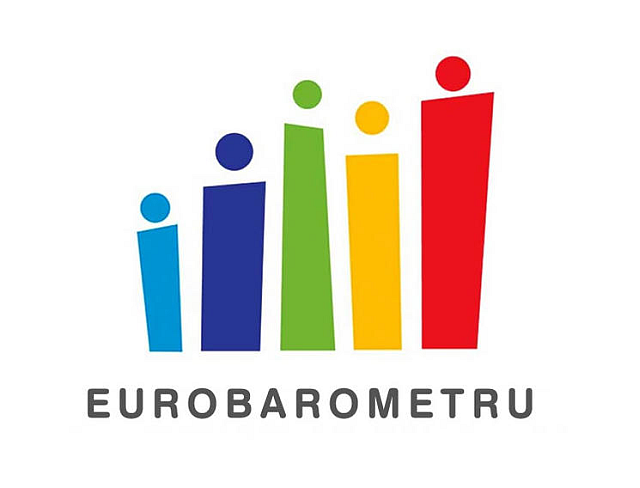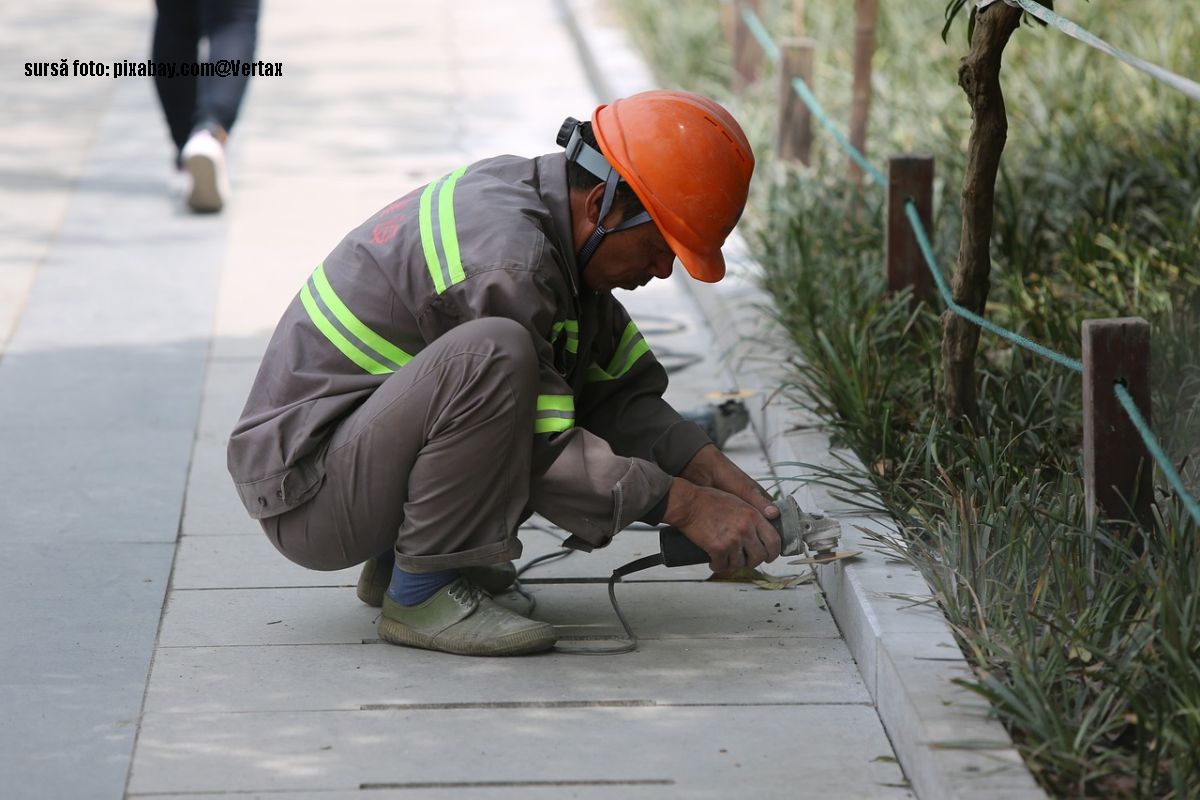Romania’s young people in post-crisis Europe
Even though the economic crisis is officially over in Europe, its consequences are still being felt by Europeans, especially by young people.

Christine Leșcu, 06.07.2016, 13:08
According to a recent Eurobarometer
survey, most young people between 16 and 30 are feeling marginalised in their
own countries as a result of the economic crisis. The largest percentage is
found in Greece, 93%, while the lowest is in Germany, with 27%. In Romania, the
percentage is 71%. The most frequently invoked cause is a lack of stable and
decently paying jobs, according to Diana Filip, the coordinator of the
EuropeDirect office in Bucharest:
I believe that along with the
negative effects of the economic crisis, which can still be felt, we can still
talk about the old cliché: young graduates, fresh out of school, are required
fairly solid experience when they apply for a job. This happens in all EU
member states, not just in Romania. The difference is that in other member states,
the emphasis is on practical specialisations, such as those taught by
vocational schools, and not on theoretical education. In our experience,
internships and volunteering have become essential in the training of youth, in
parallel with the theoretical aspects they learn in university. Which is why
the law of volunteering has been issued, allowing these activities to be
recognised as time on the job. Young people need more practical activities, in
addition to theoretical education, in order to integrate on the labour market.
In spite of problems in the labour
market, the Eurobarometer indicates that half of young people in Romania do not
want to study or work in another EU country. 85% have not even travelled to
another country for those purposes. They are active on social networks, and
would like to get involved in public debates.
For Mihai Dragos, the head of the
Youth Council of Romania, these two aspects, civic involvement and the wish to
stay in the country, are closely linked, and have to do with the wish to change
what happens here:
There exists an interest in the
democratic process and in influencing decisions, as shown by the Eurobarometer.
There is also a large number of young people who believe that social networks
are positive for democracy, since they allow people to take part in various
campaigns and acquire information first-hand, which sometimes can be hard to
access through the traditional press. There might be a fear of going abroad,
related to a fear of marginalisation. We can see a rise in hate speech and
extremism in some European states. This may discourage some young people from
seeking a future in a different country. In addition, there are countries that
have a much bigger problem with unemployment than Romania, a situation hard to
envisage before the economic crisis. This may affect the decision to seek a
future in another country.
Although quite a few of Romania’s
young people decide to stay in their country, Romania has been delaying the
implementation of the facilities for young people adopted in Brussels and
Strasbourg. This could also explain their feeling of marginalisation. Mihai
Dragos tells us more:
There
is a European programme called Youth Guarantee, under which Romania should
spend over 560 million euros to achieve the social and economic integration of
young people, that is those who are not in education, employment or training.
We have realised, however, that Romania has not yet begun to implement this
programme and that not a single cent has been spent of these European funds for
counselling and training and other such activities that could have been
initiated as early as the beginning of 2014. This delay is even bigger in the
previous financial cycle covering the 2007 to 2013 period. While in 2009,
Romania was already spending the money earmarked for human resources training,
now we’re halfway through 2016 and this has not happened yet.
Romania
is not doing much better, either, when it comes to implementing its own
legislation, says the president of the Youth Council:
We’re
now working on amending the youth law. We found out that, although the current
law provides for specific programmes and funds for young people, including at
the level of local authorities, the vast majority of public administration institutions
have not used these funds. Also, there is no monitoring in place of how these
funds should be spent. These funds should have been allocated to training and
counselling programmes, as well as to public policy debates and programmes to
put employers in touch with potential employees. In 2015, youth unemployment in
Romania stood at more than 21%.
Apart
from fear and a feeling of being marginalised, the Eurobarometer survey on
young people also showed some good aspects. 89% of Romania’s youth say it is
important to know more about European institutions. For many years, Romania had
some of the lowest levels in Europe in terms of knowledge of the EU.
However,
things are beginning to change, all the more so as young people have realised
that EU institutions can provide them with specific opportunities. The
coordinator of the EuropeDirect Office in Bucharest, Diana Filip, explains:
Romania’s
young people start showing an interest in how EU institutions work as early as
high-school and are willing not only to understand their mechanisms, in case
they might wish to work in one of these institutions in Brussels, but also to
understand the impact of EU policies at a national level, in particular on the
labour market.
The
Eurobarometer survey, which was carried out between April 8 and 25, polled
10,294 young people across the 28 EU member states.






























